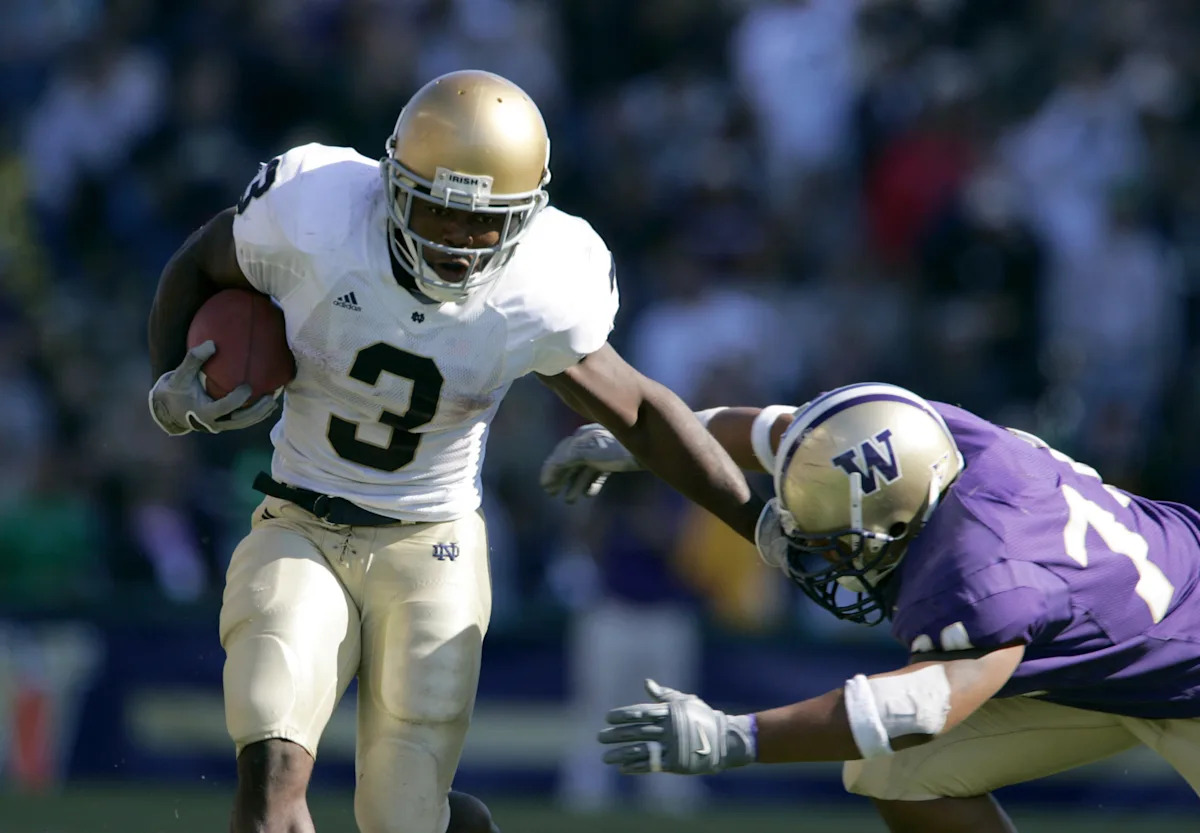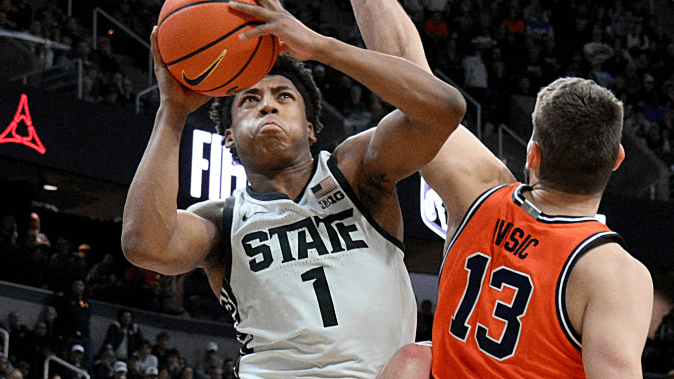In early June 2025, the House v. NCAA lawsuit reached a major milestone: a federal judge approved a nearly $2.8 billion settlement, fundamentally reshaping college sports. Beyond retroactive payments, this agreement allows Division I schools to directly compensate athletes—up to $20.5 million per year—beyond scholarships and NIL deals
Here’s what you need to know as a high school player, parent, or coach:
1. Winning the Title: End of Amateurism (Sort Of)
This marks a seismic shift: college athletes—particularly in football and men’s basketball—now have professional-style earning potential 💼.
2. How the Cash Gets Divided
3. What This Means for College Programs
New Revenue Strategies: Athletic departments need to generate extra revenue (e.g. fees, media deals, boosters) to afford payouts .
Roster Restructuring: New limits on scholarships and roster sizes are prompting schools to cut non-revenue sports or prioritize roster spots
Strategic Positioning: Football and basketball programs may funnel the bulk of the $20.5M to key athletes to remain competitive.
4. Potential Pitfalls & Concerns
Gender Equity Lawsuits: Female athletes argue the current payout structure violates Title IX — some components are already under appeal
Legal Uncertainty: Lawsuits around employment status and scholarship caps remain unresolved.
Operational Risks: Schools are in a rush to comply. Enforcement errors or unfair NIL distributions could spark more legal challenges.
5. What This Means for Recruits, Players & Coaches
A New Landscape: As a recruit, you now have more leverage—schools can offer direct financial incentives, not just NIL.
Coaching Adjustments: Coaches may use athlete earnings as a recruiting tool and should prepare players for disputes or distribution politics.
Program Resource Shifts: Expect deeper investments in high-profile sports; some smaller programs could be impacted by budget reallocation.
📅 Timeline at a Glance
Final Thoughts for GridironStuds Readers
This is a landmark moment for college football. What was once amateur competition is now a semi-professional enterprise. For recruits and student-athletes, this means:
But it also raises concerns about fairness, Title IX equity, and risks to smaller sports programs.
Chad Wilson is a college football recruiting expert and creator of the GridironStudsApp which allows high school football players to gain exposure to college football coaches and fans. Wilson is a former college football player for the University of Miami (92-94) and Long Beach St. (’90-’91) and played briefly for the Seattle Seahawks (’95). He is also a former youth and high school football coach for over 15 years most recently for 5-A State of Florida Champs American Heritage. He runs All Eyes DB Camp a defensive back training company located in South Florida IG: @alleyesdbcamp. Wilson’s oldest son Quincy plays in the NFL for the New York Giants and his younger son plays cornerback for the Arizona Cardinals.


























